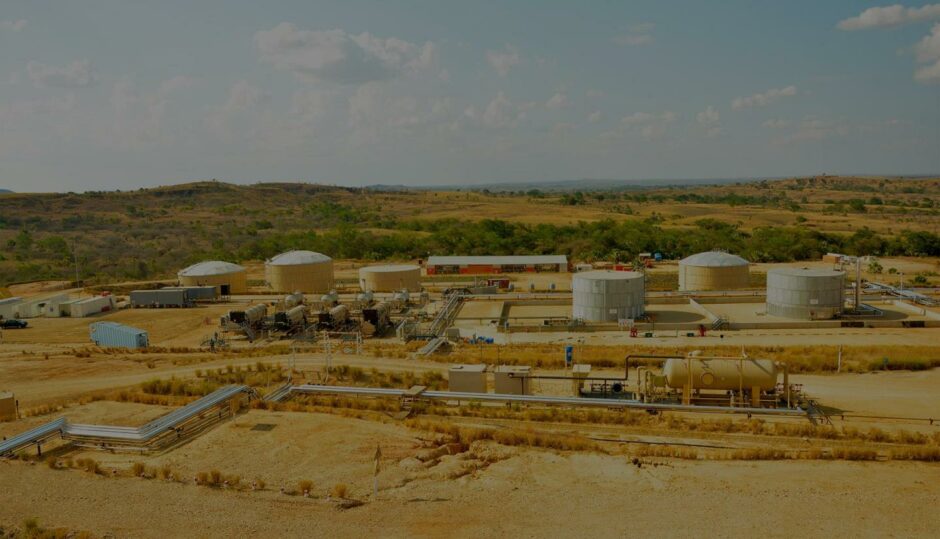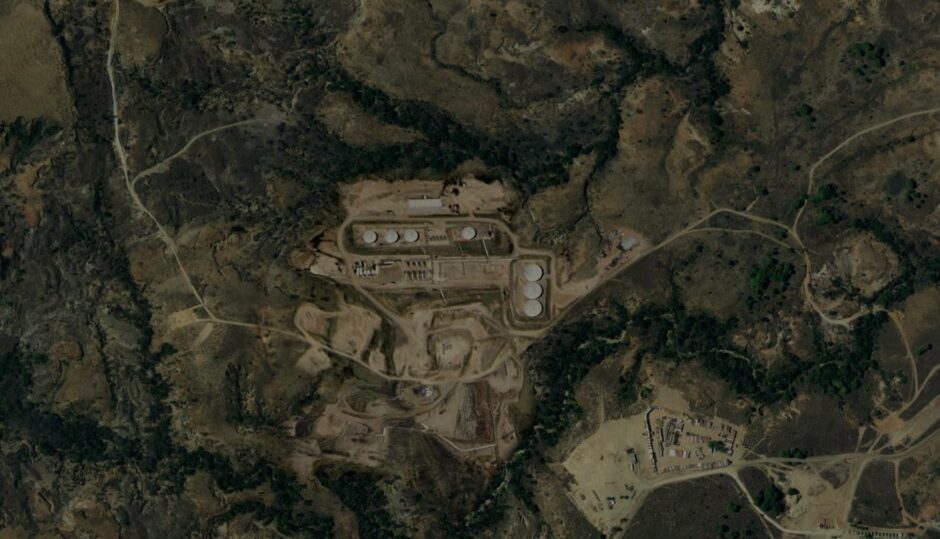 © Supplied by Madagascar Oil
© Supplied by Madagascar Oil Explorers have come and gone from Madagascar over the years, drawn in by the opportunities presented from the heavy oil deposits.
No one has yet managed to crack the riddle of how to develop this resource commercially.
Madagascar Oil is hoping that it has the answer. Al Njoo, founder of Nations Energy and developer of heavy oil assets in Kazakhstan, Azerbaijan and California, leads the management team. Njoo is the principal of Benchmark Group, Madagascar Oil’s majority shareholder.
“It’s a huge reserve in Madagascar. We have 3P reserves of 1.7 billion barrels at Tsimiroro, but that’s based on just 10% of our total area. The area is big and the potential is bigger,” Njoo told Energy Voice.
The crude is heavy but low in sulphur, at just 0.3%, leading the executive to describe it as “one of the cleanest in the world”. Production could be blended, he said, to meet IMO 2020 shipping specifications. As such, output would sell at a premium to Brent. “It’s a high value development.”
COVID-19 slowed down progress in Madagascar. Activity began picking up at the end of 2021, though. The company appointed a new CEO, Scott Reid, and GFI Securities’ Carlingford to carry out financing in December.
“We should be in the market in February or March and it’ll be a 90 day process,” Njoo said on the financing plans. Carlingford will aim to raise funds for the first phase of development.
Practical plans
In the near term, the company is aiming for production of 2,000-3,000 barrels per day. It will then aim to increase this to 10,000 bpd.
This first phase will involve export of oil through trucks to the west coast. The second phase will involve an export pipeline, running for around 150 km. Peak production could reach more than 100,000 bpd, Njoo said.
Plans will happen fast. Madagascar Oil intends to sign a sales contract in February and reach an agreement with a terminal for exports in March.
“The wells are shallow and quick to produce,” Njoo said. In order to move the crude, the company will use steamflood techniques using a technique known as “huff and puff”.
Solar energy will drive steam generation, with the executive drawing a comparison with Shell’s work in Oman.
Oil prices are stronger now than they have been for some years. Despite this, Njoo said there were “no plans to list. We’re quite happy with the expected cash flow, it should be self sustaining.”
Njoo has seen the ins and outs of the stock market. Madagascar Oil listed in London in 2010 and delisted in 2016.
Politics play
There have been challenges with the local government. Total farmed into the Bemolanga block in 2008 but the French company was unable to make headway and pulled out in 2016.
In 2021, Madagascar Oil was dragged into allegations swirling around a coup. A French advisor, Paul Rafanoharana, is reported to have emailed company executives with a request for 10 million euros ($11mn) to finance the coup.
The plot against President Andry Rajoelina failed with law enforcement arresting a number of officials. Given the accusations, Madagascar Oil issued a statement acknowledging it had received an email request for cash but saying it had not responded.
The company, and Benchmark, “strongly condemned” any action that was intended to undermine democracy, they said.
Njoo acknowledged the challenges but said they were “typical of emerging markets. We were not implicated. The court made a decision and life moves on. It’s not an issue with the government, we have an excellent relationship with the ministries.”
There is a desire to make progress at the island state’s oil reserves. “The project is of national importance” to Madagascar, Njoo said. “We’re in alignment with the government.”

